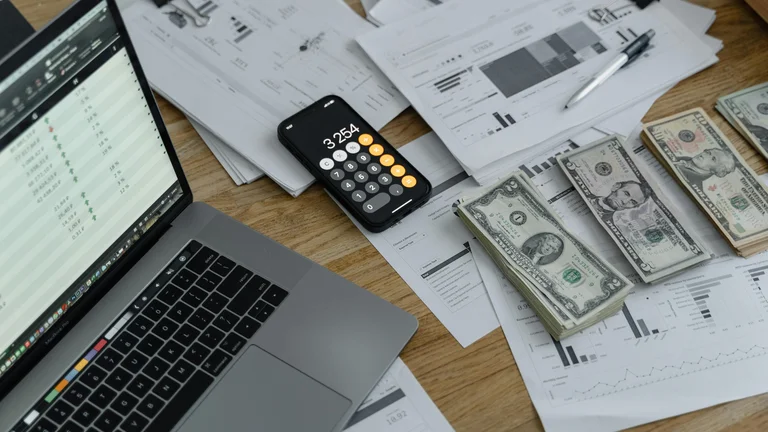Understanding Personal Finance Apps

Personal finance apps help manage money. They track spending, create budgets, and provide insights. Most people find it hard to stick to saving and budgeting. These tools make it easier. Users can visualize where their money goes. Monthly savings goals become clearer through graphs.
Common features include transaction tracking, spending categorizations, and reminders. Many apps offer bank linking to pull transactions automatically. Users can also set goals for saving. Building savings becomes less of a chore.
Budgeting Tools
Budgeting plays a key role in personal finance. Apps like Mint and YNAB focus on budgeting. Mint provides a user-friendly experience. It categorizes spending, so users can see their habits. YNAB takes a different route, focusing on proactive budgeting.
Users set budgets for categories and allocate their money ahead of time. This method encourages conscious spending. YNAB’s method can shift mindsets towards money management. Knowing how much is available before spending changes the approach to finances.
Investment and Savings Apps
Investment apps empower users to grow wealth. Companies like Robinhood and Acorns have gained popularity. Robinhood allows commission-free trades. It appeals to new investors looking to enter the stock market.
Acorns offers a unique approach. It rounds up purchases to the nearest dollar. The spare change gets invested. This automatic investing method is great for those new to saving. Users often save more without even thinking about it.
Debt Management Tools
Managing debt requires careful planning. Apps like Debt Payoff Planner help users visualize monthly payments. They can see how long it takes to pay off debts. Creating a plan to eliminate debt is crucial for financial health.
Many users find debt overwhelming. Tracking due dates on bills and interest rates helps. Knowing when to pay off a bill can save money on interest. Some apps even provide tips on negotiating with creditors.
Final Thoughts on Personal Finance Tools
Choosing the right personal finance app is essential. Each tool serves different purposes. Some excel in budgeting, while others focus on investing or debt management. Users should consider their goals when selecting an app.
Everyone’s financial journey is unique. The right app can make a significant difference. Whether saving for a house, paying debt, or planning for retirement, the tools exist to assist.
| App Name | Primary Function | Key Features |
|---|---|---|
| Mint | Budgeting | Transaction tracking, spending categories, alerts |
| YNAB | Budgeting | Proactive budgeting, goal setting |
| Robinhood | Investing | Commission-free trades, stock analysis |
| Acorns | Savings | Round-up investments, automated saving |
| Debt Payoff Planner | Debt Management | Payment visualization, debt reduction plans |
FAQ - Personal Finance Apps and Tools
What are personal finance apps?
Personal finance apps are digital tools designed to help users track their spending, create budgets, and manage their finances more effectively.
How can budgeting tools help me?
Budgeting tools help users allocate their income towards different expenses, enabling better financial management and adherence to spending limits.
Are investment apps safe to use?
Most investment apps are secure and regulated, but it's important to research and choose one that fits your safety and investment preferences.
Can I use these apps for debt management?
Yes, many personal finance apps have specific features designed to help users manage and pay off debts efficiently.
How do I choose the right app for my needs?
Consider your financial goals—whether it's budgeting, investing, or debt management—to choose an app that best meets your specific needs.
Personal finance apps simplify money management. They track spending, aid budgeting, and support investing. Useful tools like Mint and YNAB assist with budgets, while Acorns helps automate savings through round-ups. Choosing the right app depends on individual financial goals.
Conclusão sobre Personal Finance Apps e Tools.